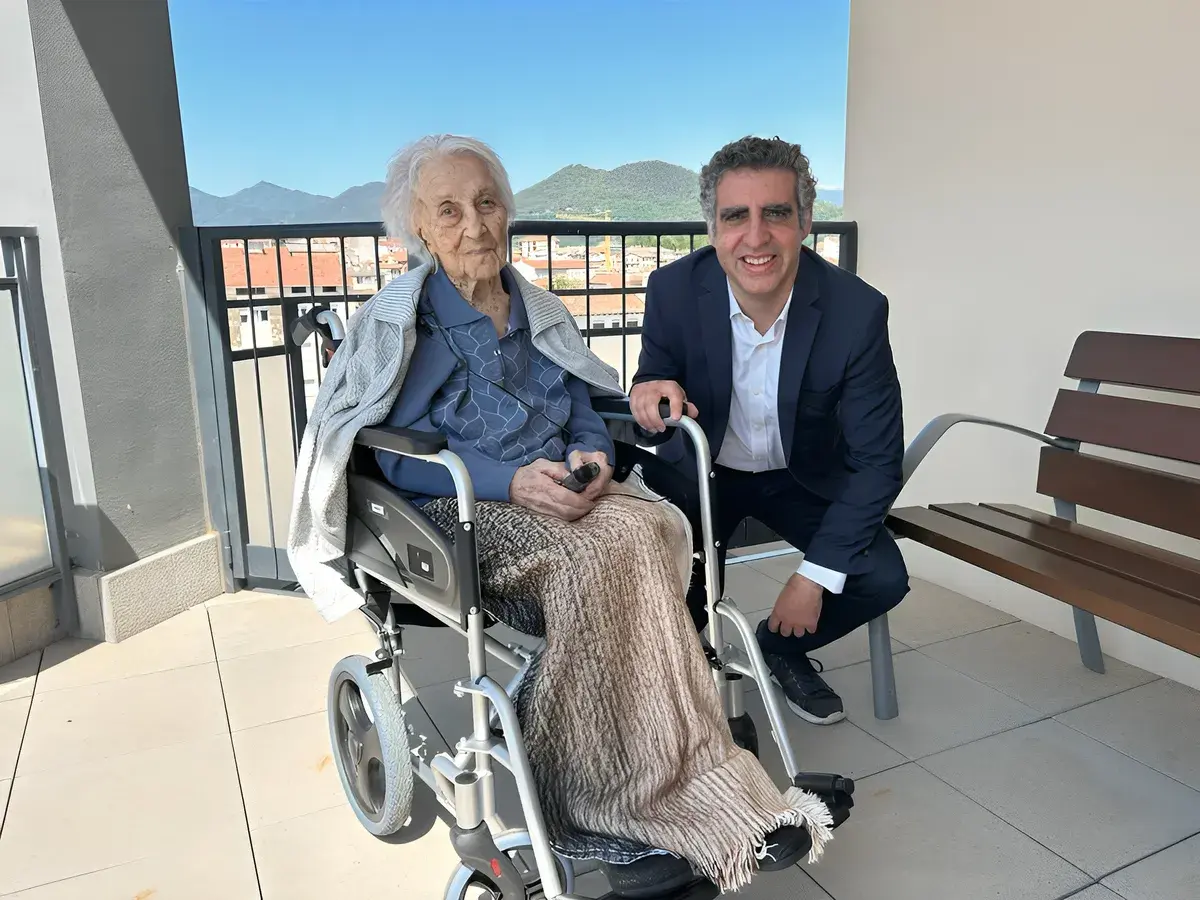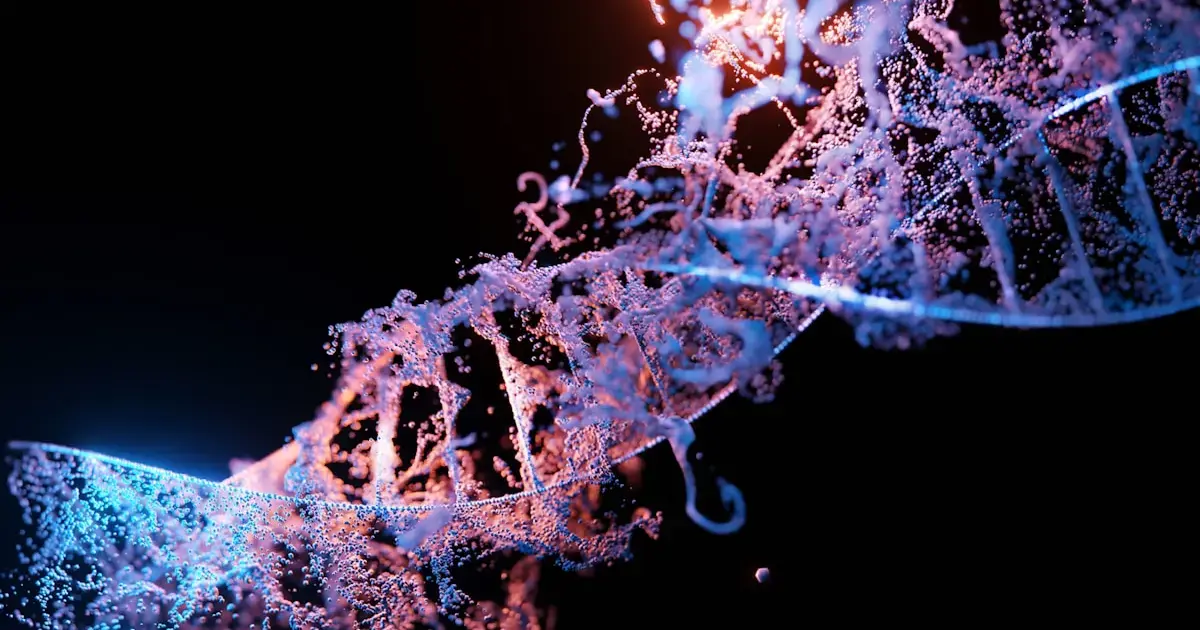 At the time of her death in August 2024, María Branyas was the . Her remarkable life spanned 117 years and 168 days. This incredible achievement is particularly noteworthy considering that the average life expectancy for women in her home country is just 86 years. So, what’s the secret to her longevity? To find out, scientists studied her DNA.
At the time of her death in August 2024, María Branyas was the . Her remarkable life spanned 117 years and 168 days. This incredible achievement is particularly noteworthy considering that the average life expectancy for women in her home country is just 86 years. So, what’s the secret to her longevity? To find out, scientists studied her DNA.
The results were quite revealing
A team of researchers from the Josep Carreras Leukaemia Research Institute in Barcelona conducted a “comprehensive multi-omic analysis of her genomic, transcriptomic, metabolomic, proteomic, microbiomic, and epigenomic landscapes across various tissues,” according to IFLScience. They examined samples of María’s blood, saliva, urine, and stool collected before her passing. Then, they compared her data with samples from other centenarians and significantly younger individuals, as reported by IFLScience.
This study became the most comprehensive investigation ever conducted into the secrets of longevity, specifically focusing on individuals who have lived 110 years or more.
Despite the presence of molecular signs of , such as short telomeres (protective caps at the ends of chromosomes), a pro-inflammatory immune system, and an aging population of B-lymphocytes (white blood cells), Ms. Branyas did not exhibit any major age-related diseases. This indicated that advanced age does not necessarily equate to poor health.

“These results illustrate how aging and diseases can be unrelated under certain conditions, challenging the common belief in their inseparable connection,” the researchers wrote in their report.
They identified genetic variants that protect against common age-related ailments such as cardiovascular diseases, diabetes, and neurodegeneration. The team found that María Branyas boasted an efficient lipid metabolism, an anti-inflammatory gut microbiome, and an epigenome associated with slowed aging.
The biological age of the woman, calculated through DNA methylation , was significantly younger than her 117 years. Researchers noted that her cells “behaved like those of a younger person.”
Dr. Manel Esteller, the lead author of the study, commented, “Her extreme longevity reflects an intriguing duality: the simultaneous presence of signals of extreme aging and healthy longevity.”
In addition to genetic factors, María Branyas’s longevity may have been influenced by her environment. She remained mentally, socially, and physically active, maintained a healthy diet, and had a fondness for yogurt, which may partially explain her robust gut health.
“Despite the emotionally painful events of her later years, such as the death of her son, she maintained strong physical and mental health through good sleep, a balanced Mediterranean diet, and an active social life. She spent most of her time with family and friends, played with dogs, read books, tended to her garden, went for walks, and played the piano,” the researchers noted.
The scientists studied only one individual, so the results of this work should not be generalized. However, they contain valuable information that could help develop new methods for combating aging.
“These results provide a new perspective on human aging biology, offering biomarkers for healthy aging and potential strategies for extending lifespan,” the researchers concluded.
The findings from the study were published in Cell Reports Medicine.
Photo: Josep Carreras Leukaemia Research Institute

